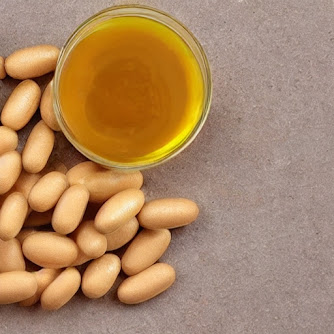🌱 Homocysteine: The Tiny Molecule With a Big Story

A simple guide to what it is, why it matters, and how to keep it low If you’ve never heard of homocysteine , you’re not alone. It’s one of those quiet little molecules in your blood that rarely gets attention — until it starts causing trouble. Think of homocysteine as a traffic signal in your body. When levels are normal, everything flows smoothly. When levels rise too high, the “traffic jam” can increase stress on your heart, brain, and overall health. Let’s break it down in the simplest way possible. 🧬 What Is Homocysteine? Homocysteine is an amino acid your body naturally makes during a process called methylation — a fancy word for how your cells repair, detox, and function every day. Normally, your body quickly converts homocysteine into other helpful substances. But this conversion needs certain nutrients — especially B vitamins . If those nutrients are low, homocysteine builds up like unwashed dishes in the sink. 🚨 Why High Homocysteine Matters High levels (usually above 15...







